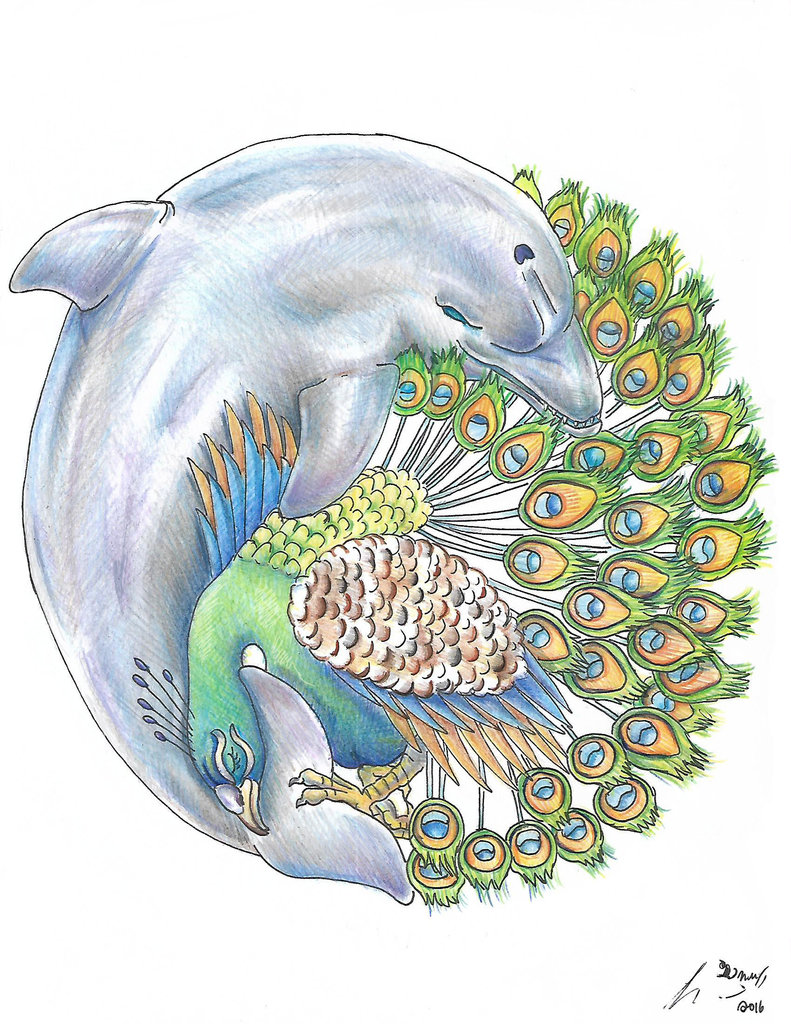The second book in Canopus in Argos, the pentology. In this entire novel there was no mention of Canopus, Puttiora, or Sirius. In fact, I see no reason why this can’t stand alone as a soft s-f novel capsule. It reads nothing like Book 1. It reads like the work of a different writer actually.
What new layers will be revealed in the next 3 books? By this point, it is clear that the satire or “speculative” element is rather subtle. The latter half of Book 1 was full of references to earth-like conditions. This non-continuation was far more intimate in scope, with a much closer narrative distance. This novel can be read independently, without acquaintance with the previous world building. No characters are reused. She relegates the cultural critiques to several “Zones” here. We only ever hear about the 3 zones in the title, though most of the book takes place in one of them. The territories are ill-defined, indistinguishable except by the habits and proclivities of their people, along with a few random side effects for transition between them. We are treated to a strange introduction, a marriage of politics. The domestic difficulties result instantly, morphing into a bizarre family melodrama. It is an alien analogue to human marriage in a sense, but it is distinctly human in its sympathies, and obviously feminist in its slant.
The entirety retains a dreamlike atmosphere, an incantatory rhythm, thanks to Lessing’s breathless narration. You could call this kind of writing awful if it came from an unknown writer. But written this deliberately, with such exaggerated quirky inefficiency, it could only have been done by a practiced hand. It is pre-modern, exotic, but extremely simple. A translator’s vocabulary. A heavy management of emotion goes on in the background, and a delicate descriptive touch graces the stark setting. These things characterized her writing during portions of the first book, but not to the extent you will find here. It reads as slowly as ancient epics, convoluted, sepia-toned, and mawkish.
Marriage has long been a political ceremony in certain human cultures at specific times. The tone of Lessing’s version of this is detached, historical, factual. You can read deeply into it, or you can just read it for pleasure. There’s a lighter injection than in Shikasta, a more tolerable insanity. It is a clear and ruthless novel, unhelpfully raw, with a medieval flavor, dwelling on serious conversations, people in armor, horses, dry mountains, desert settlements, rough bedroom-floor coupling, a stark division between classes, sweat, anxiety, wind-whipped, hard-tanned faces wearing stern, uptight grimaces. Main characters are king and queen of respective realms, who reconcile, before the twist revealed in the product description tears their relationship apart. It makes for a human drama of dry domesticity. The writing possesses the quality of a translation from an alien language, right? We are supposed to conflate these characters with human beings. You won’t last long trying to picture them as anything but that. Yet, there are odd differences – the air in differing regions is not necessarily breathable unless you carry a “shield.” Technology is never adequately explained, especially the casual mention of “death rays.” Of course, mating between regions is permitted for the sake of political posturing. There is a lot of polygamy, discussion of values, very little religion, minuscule philosophical jabs, almost no economics, trade, commerce, backstory, or greater exploration of themes established in the earlier novel. Why did she leave all this out? I actually wanted more world building. I did get slightly caught up in the queen’s thoughts and actions, but I felt teased. My sense of creativity was weaned. My desire for closure was taunted, my heart was not in this claustrophobic staging.
A book about child-rearing, about household troubles, that’s what we’re left with. A bit disappointing, in my opinion, but surprising, audacious, with enough tidbits of weirdness to keep most people intrigued. Speaking with animals, the brazen queen’s behavior, the unpredictable Ben Ata, the unexplainable bullet point next to peoples’ names… Helmets which are worn as punishment to take away peoples’ ability to look up at sacred mountain peaks? Yeah.
We are often reminded of the chroniclers who have retold this story countless times, turning it into a national legend. War, cultural stuntedness, love, lowest common denominator politics, how gender and class dynamics are built into the language, a few stirring scenes of unaccountable behavior. Meh.
Her deliberately limited vocabulary, her restrained stylistic purview resonate, grate on me, wear me down, but I can’t deny that the forceful communication is there. I’m left wondering if this volume was strictly necessary. It certainly contributed little to my understanding of the Canopus universe. However, it struck me as a very authentic account from a skillfully skewed perspective. I think Doris Lessing was a remarkably good writer, who didn’t take the easy route, wrote whatever the heck she wanted, broke the mold, then emerged from a literary chrysalis formed into some hybrid artist so brutally hideous and beautiful, so simultaneously confounding as to demand immediate recognition as a revolutionary of belle lettres.



Leave a comment